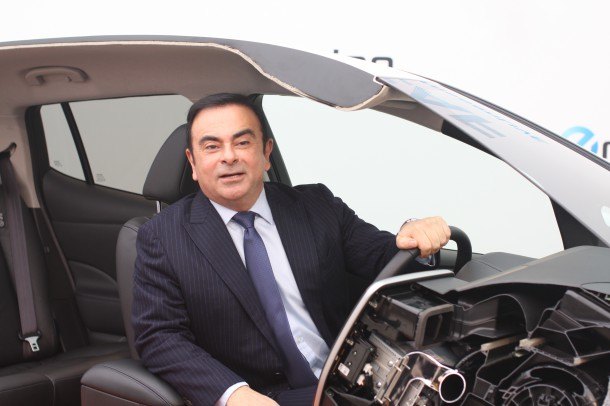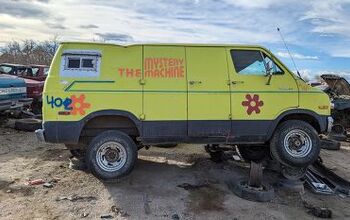Further Renault-Nissan Integration Blocked By French Government In Power Play
An attempt to bring further integration within Renault-Nissan resulted in the French government tightening its hold on Renault against CEO Carlos Ghosn.
The move by the government Thursday to block the integration effort leaves Ghosn with the choice to either negotiate or fight for integration, Reuters reports. The CEO has long desired to give Nissan more status in the alliance to match its sales and profit, while the administration of French president François Hollande wants to increase its influence upon the French companies it owns, including Renault.
Using a rule allowing the government to double its voting rights on its holdings over two years of age — one companies like Renault-Nissan can choose to opt-out to following — Economy Minister Emmanuel Macron announced the government made a purchase of €1.2 billion ($1.34 billion USD) in Renault shares, increasing its stake from 15 percent to 19.7 percent in order to block the opt-out vote. Just 60.5 percent of shareholders supported the opt-out vote, but a two-thirds majority was needed to make it stick.
Though Macron claimed the move wasn’t a power grab, government officials and company insiders state the move occurred due to the French government’s fears Renault would become more like Nissan, which now accounts for two-thirds of combined sales and a bigger share of the profit shared by the alliance.
With the opt-out vote blocked, the CEO may counter the French government by restoring Nissan’s voting rights via buying back Renault’s shares in the Japanese automaker and/or creating new shares with a capital increase.
Before pulling the trigger on restoration, though, Ghosn may try negotiating for integration with Nissan taking the helm. The government may not be so interested, however; Macron stated that he saw no reason for Nissan to restore its voting rights, and would hold the line “to the end.”
Seattle-based writer, blogger, and photographer for many a publication. Born in Louisville. Raised in Kansas. Where I lay my head is home.
More by Cameron Aubernon
Latest Car Reviews
Read moreLatest Product Reviews
Read moreRecent Comments
- ToolGuy The only way this makes sense to me (still looking) is if it is tied to the realization that they have a capital issue (cash crunch) which is getting in the way of their plans.
- Jeff I do think this is a good thing. Teaching salespeople how to interact with the customer and teaching them some of the features and technical stuff of the vehicles is important.
- MKizzy If Tesla stops maintaining and expanding the Superchargers at current levels, imagine the chaos as more EV owners with high expectations visit crowded and no longer reliable Superchargers.It feels like at this point, Musk is nearly bored enough with Tesla and EVs in general to literally take his ball and going home.
- Incog99 I bought a brand new 4 on the floor 240SX coupe in 1989 in pearl green. I drove it almost 200k miles, put in a killer sound system and never wish I sold it. I graduated to an Infiniti Q45 next and that tank was amazing.
- CanadaCraig As an aside... you are so incredibly vulnerable as you're sitting there WAITING for you EV to charge. It freaks me out.


































Comments
Join the conversation
Give Renault to Sergio.
Caption Contest time! "Carlos Ghosn announces 50 percent off on all new Renaults!"